

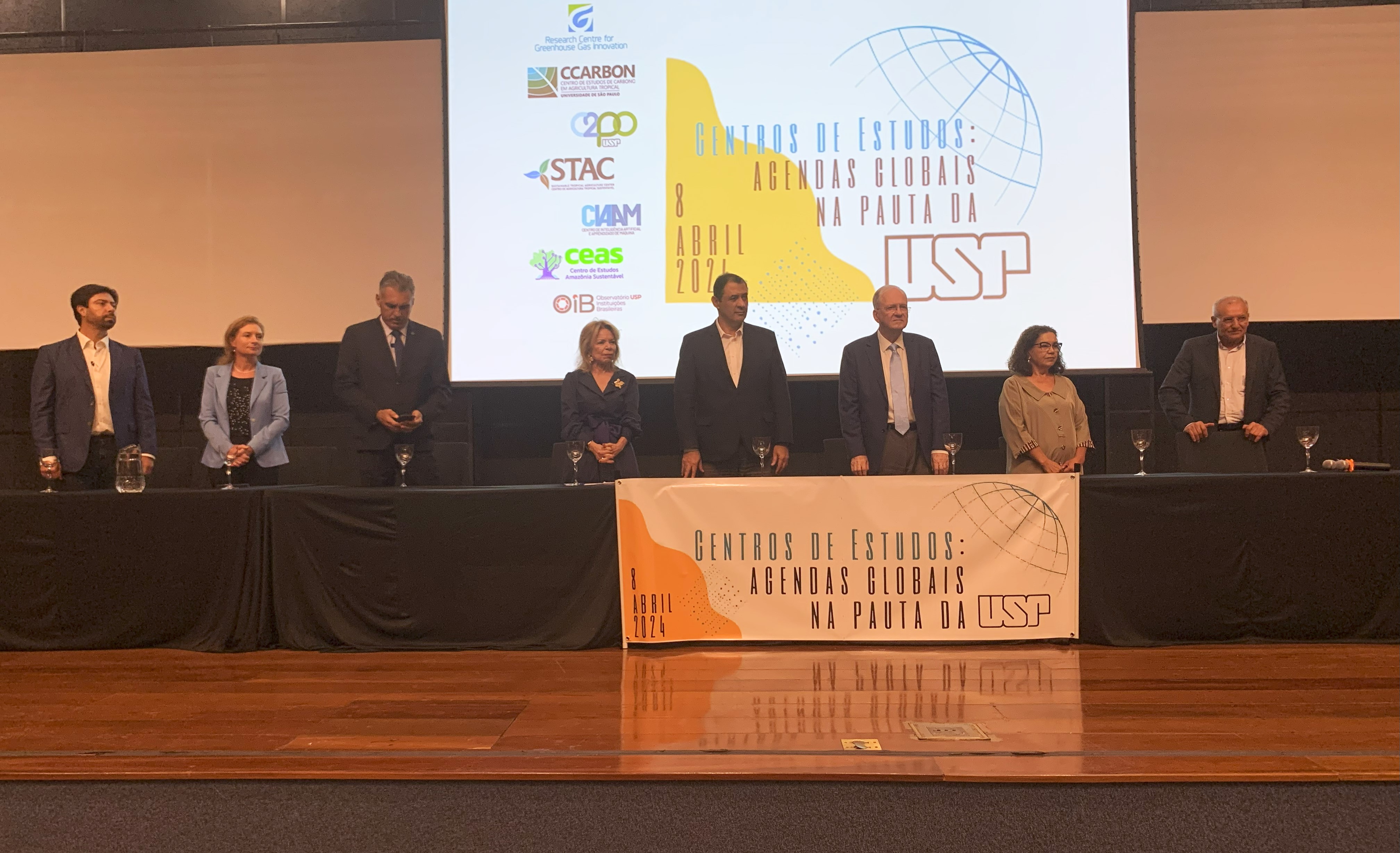
Today’s key issues, such as artificial intelligence, climate change, cancer and Brazilian institutions, will be the focus of inter-institutional and multidisciplinary teaching and research; the new organization gives groups more autonomy and agility.

Developed by Brazilian scientists, the device connects wirelessly to a smartphone and can be used to monitor general health.
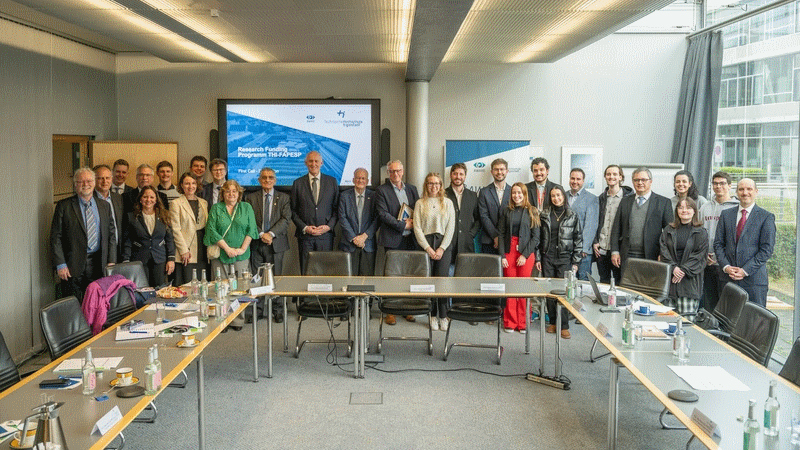
The aim is to fund bilateral projects in the field of artificial intelligence, focusing on mobility, energy and security.
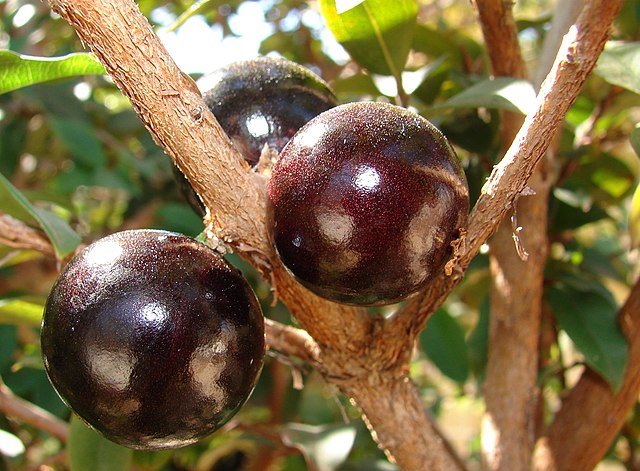
In a study with 49 participants, researchers at the State University of Campinas found that daily consumption of a dietary supplement containing 15 g of the substance for five weeks improved glucose metabolism even after meals.
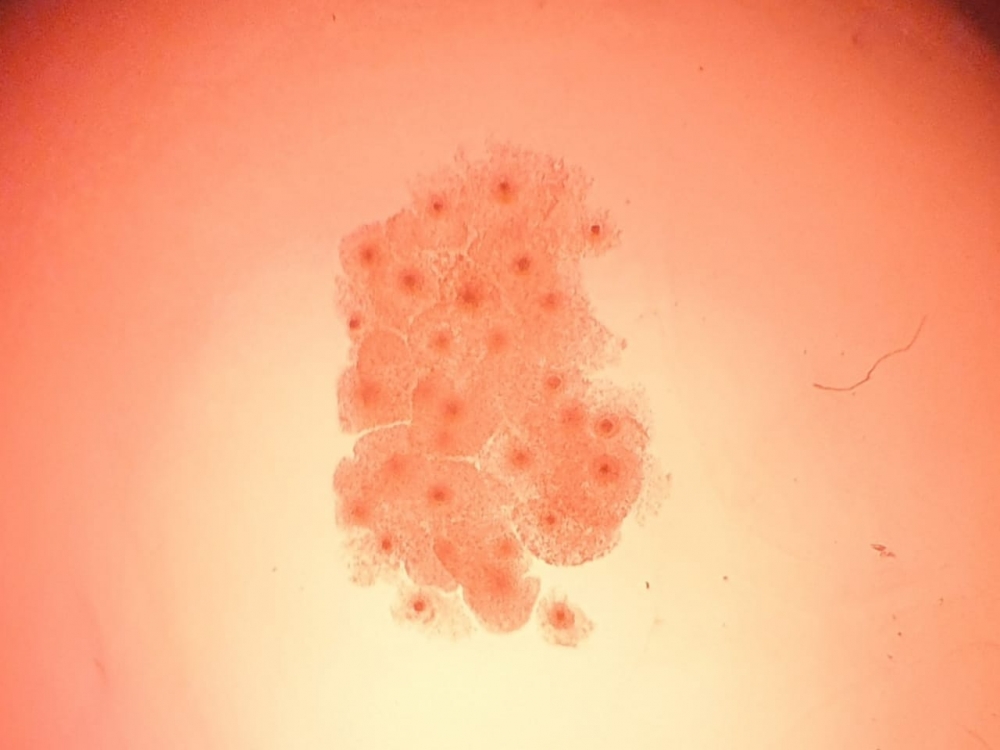
Researchers at a startup supported by FAPESP have developed a material that mimics conditions in the uterus and could result in a 32% rise in bovine embryo production.

Chemical analysis of stalagmites in the Peruaçu Caves National Park showed that global warming has disrupted the hydrological cycle in Brazil’s central region, making a significant proportion of any rain that falls evaporate before it can penetrate the soil.
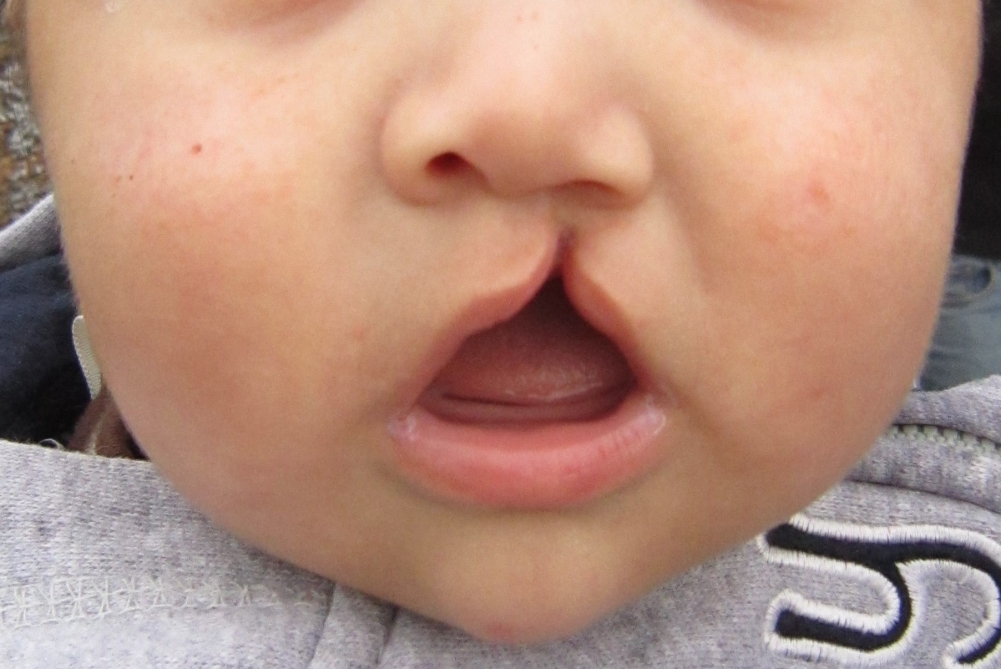
Through experiments with human cells and animals, researchers from the University of São Paulo and collaborators have shown how gene-environment interactions during the craniofacial development of the embryo can lead to malformations.
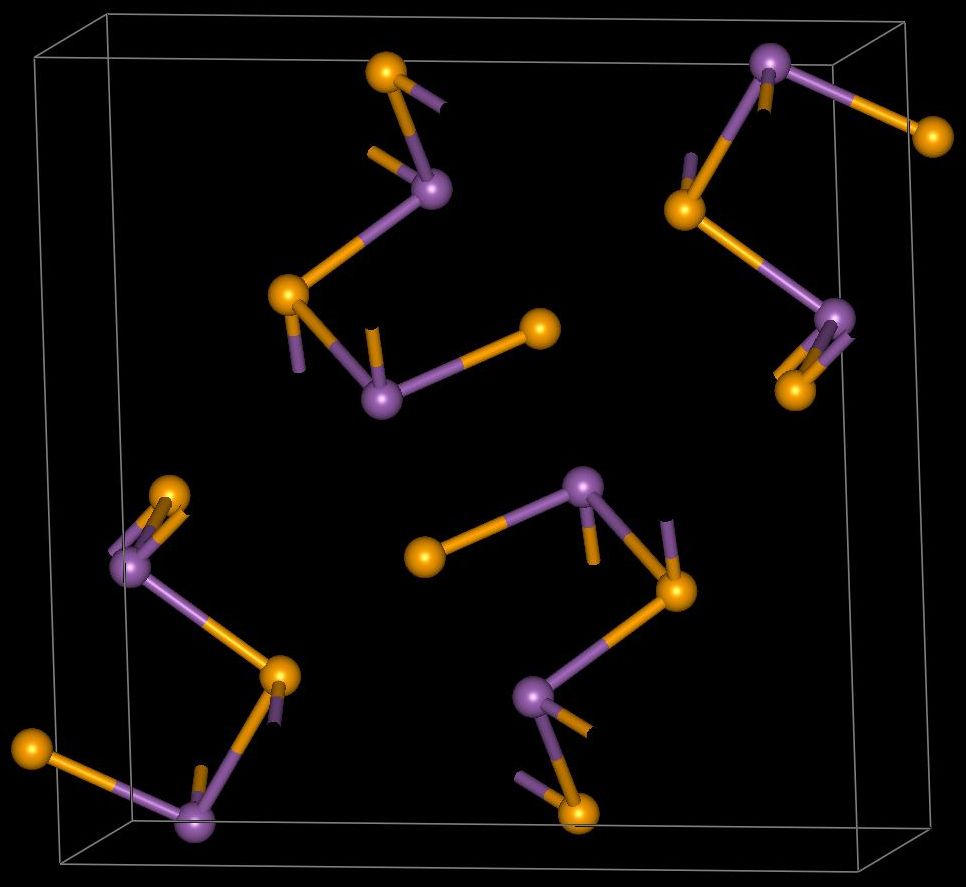
In an experiment resulting from collaboration between two FAPESP-supported research centers, a material was modified for use in solar-driven water splitting to produce hydrogen.

This study was conducted at the University of São Paulo and published in Clinical Oral Investigations; the authors emphasize the importance of collaboration between dentists and psychiatrists to improve diagnosis and treatment.
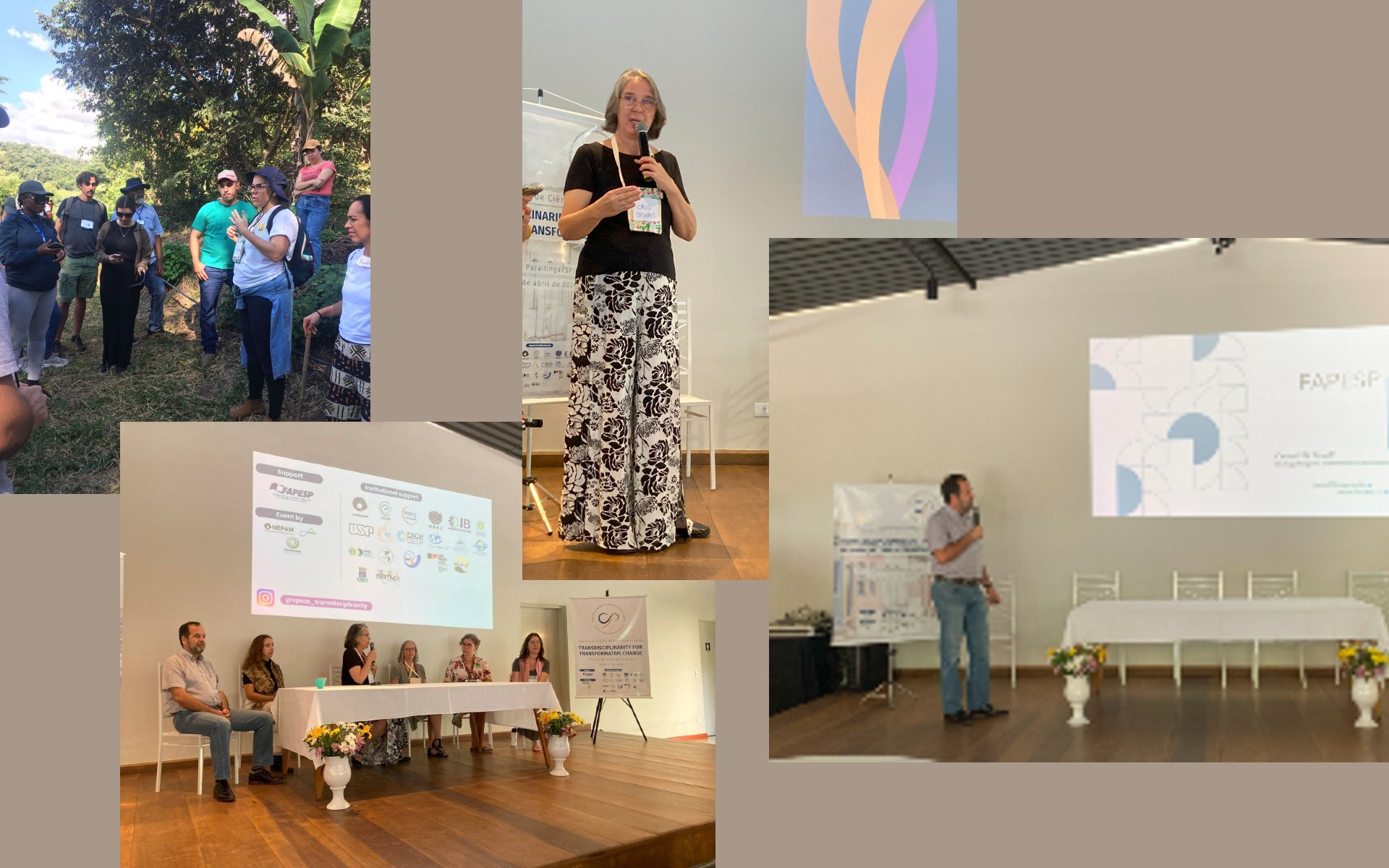
Focus on transdisciplinarity aims to foster participation by all stakeholders in efforts to address global change. The subject was front and center at an event held in April 2024 at a historic town in São Paulo state.
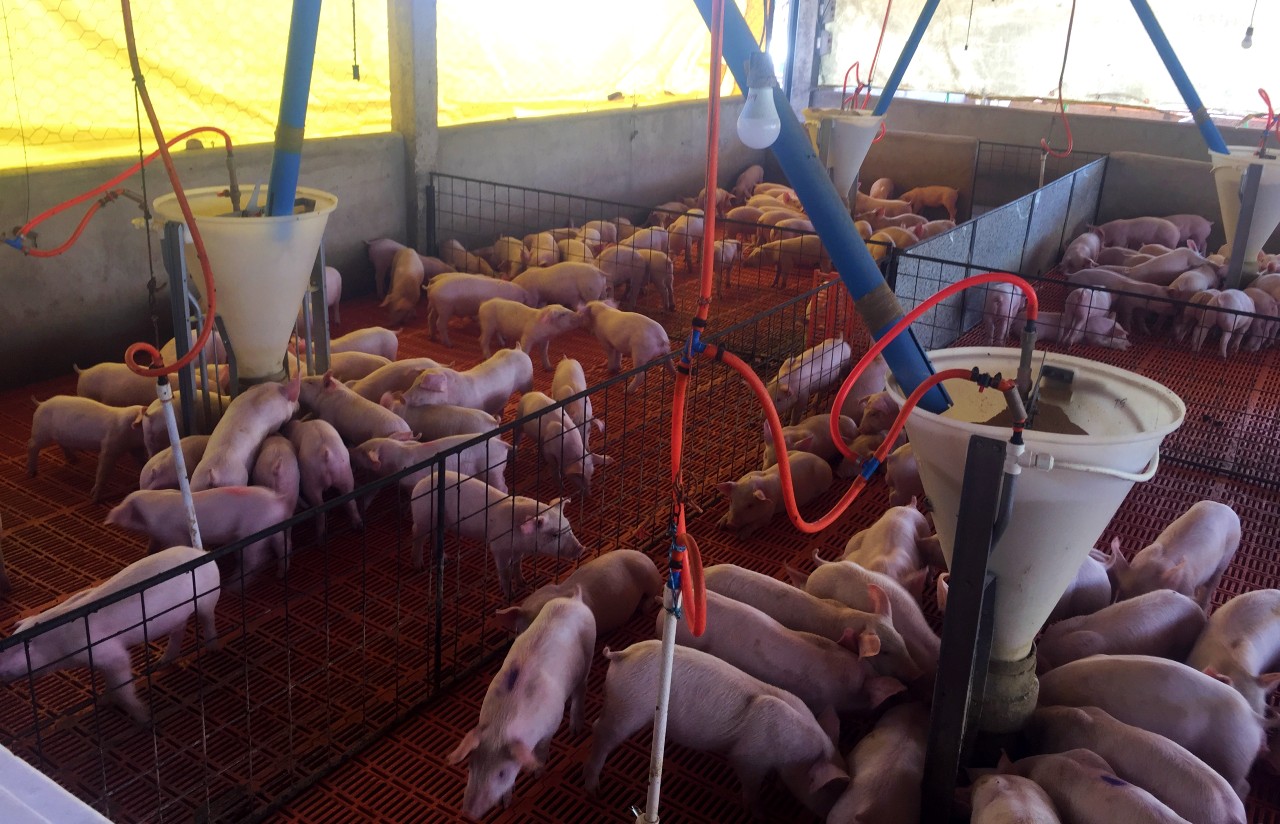
Results show that oral fluid bacteria differ from fecal and environmental bacteria. Identification of these microorganisms can help diagnose infectious diseases and improve pork production.

A study conducted at the University of São Paulo with 23 volunteers found that only evening training regulated baroreflex sensitivity, a mechanism that compensates for abrupt changes in blood pressure.
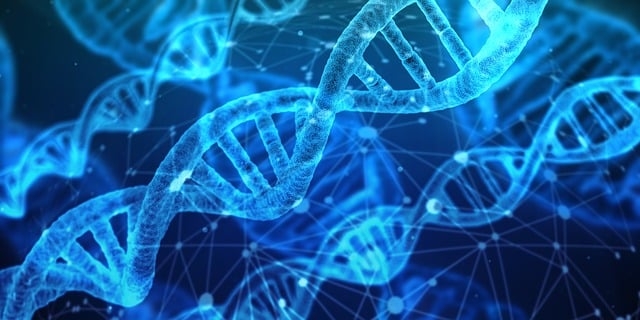
BioDecision has developed a methodology that combines RNA sequencing and big data to offer the pharmaceutical industry molecular targets of interest for treatment of the disease.
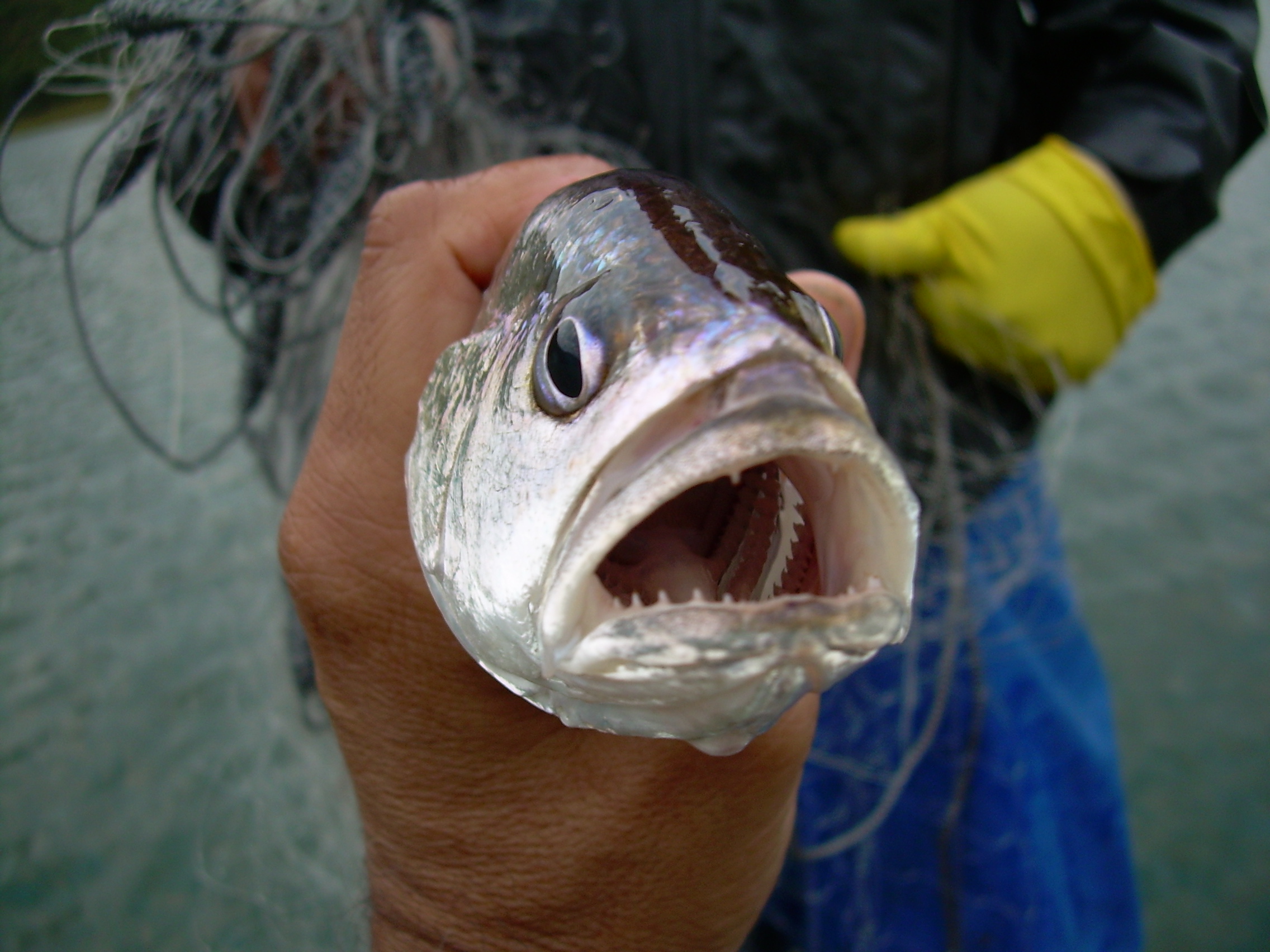
Since 2001, when it was first recorded in the Jaguarai reservoir in São Paulo state, the Silver croaker (Plagioscion squamosissimus) has established and increased its population in the Paraíba do Sul Basin to the detriment of native fish species.
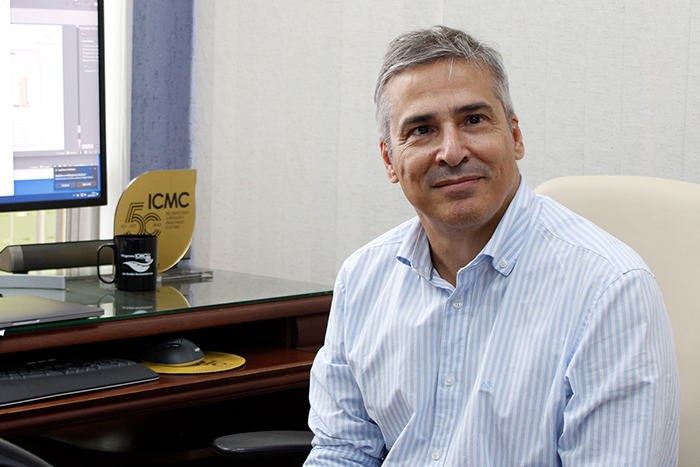
Director of the Institute of Mathematical and Computer Sciences at the University of São Paulo collaborates with work developed in the UK to guide governments.
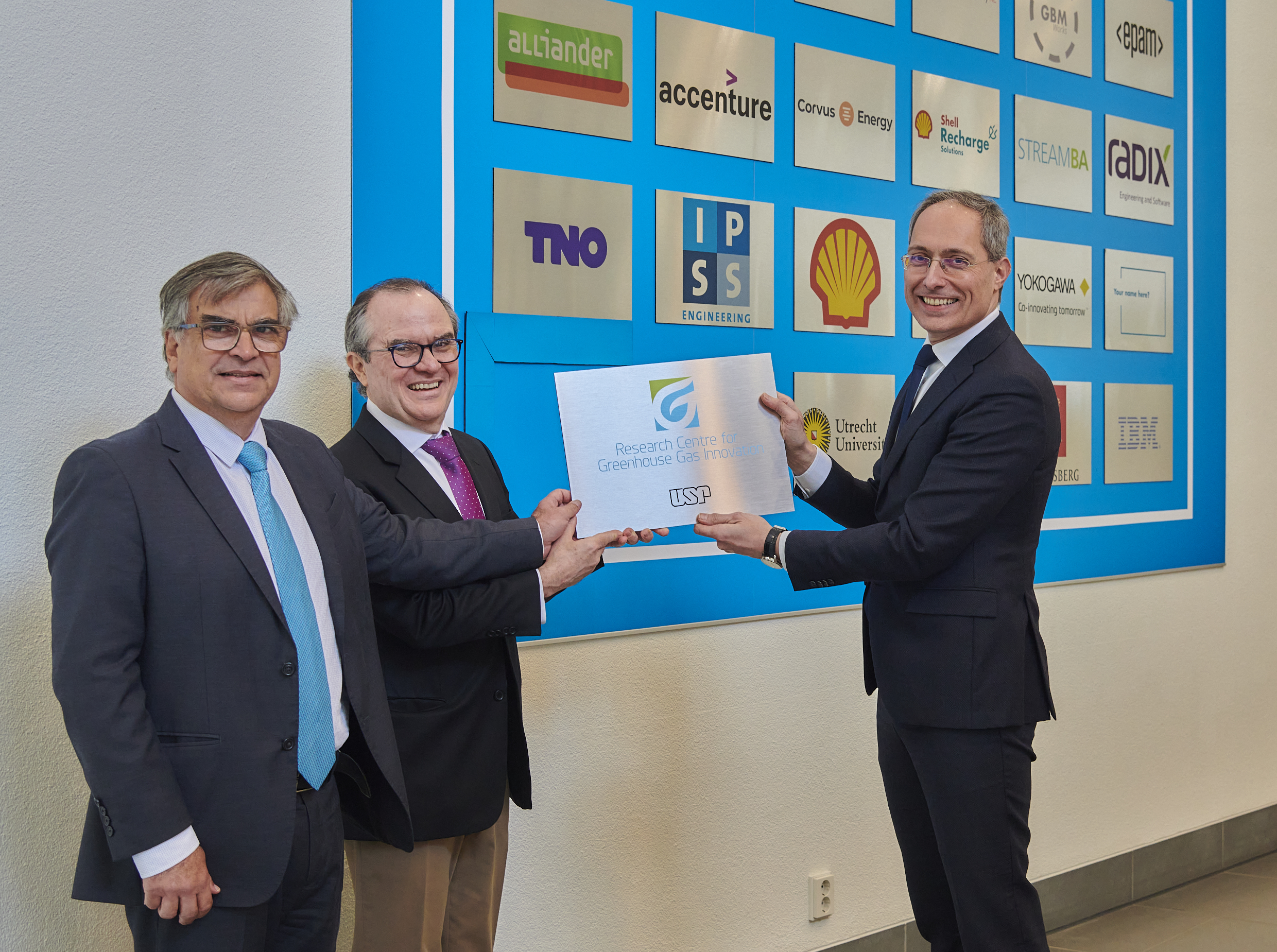
The new office is expected to serve as a research hub for the Research Center for Greenhouse Gas Innovation in Europe, fostering international partnerships.

The lecture was delivered by Antonio Bianco, a professor of medicine at the University of Chicago who has won several awards for research in the thyroid field.
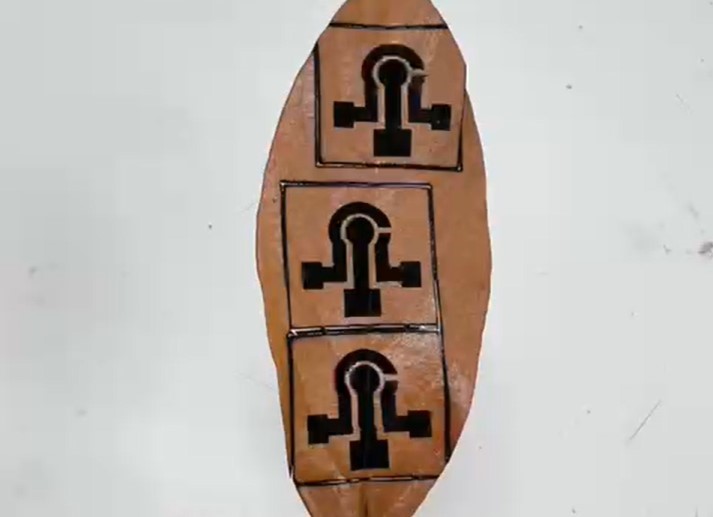
Leaf cellulose is converted by pyrolysis to graphite, which is printed in the right shape for the surface to function as a sensor. Tests to determine concentrations of dopamine and paracetamol confirmed that the sensor performed successfully.
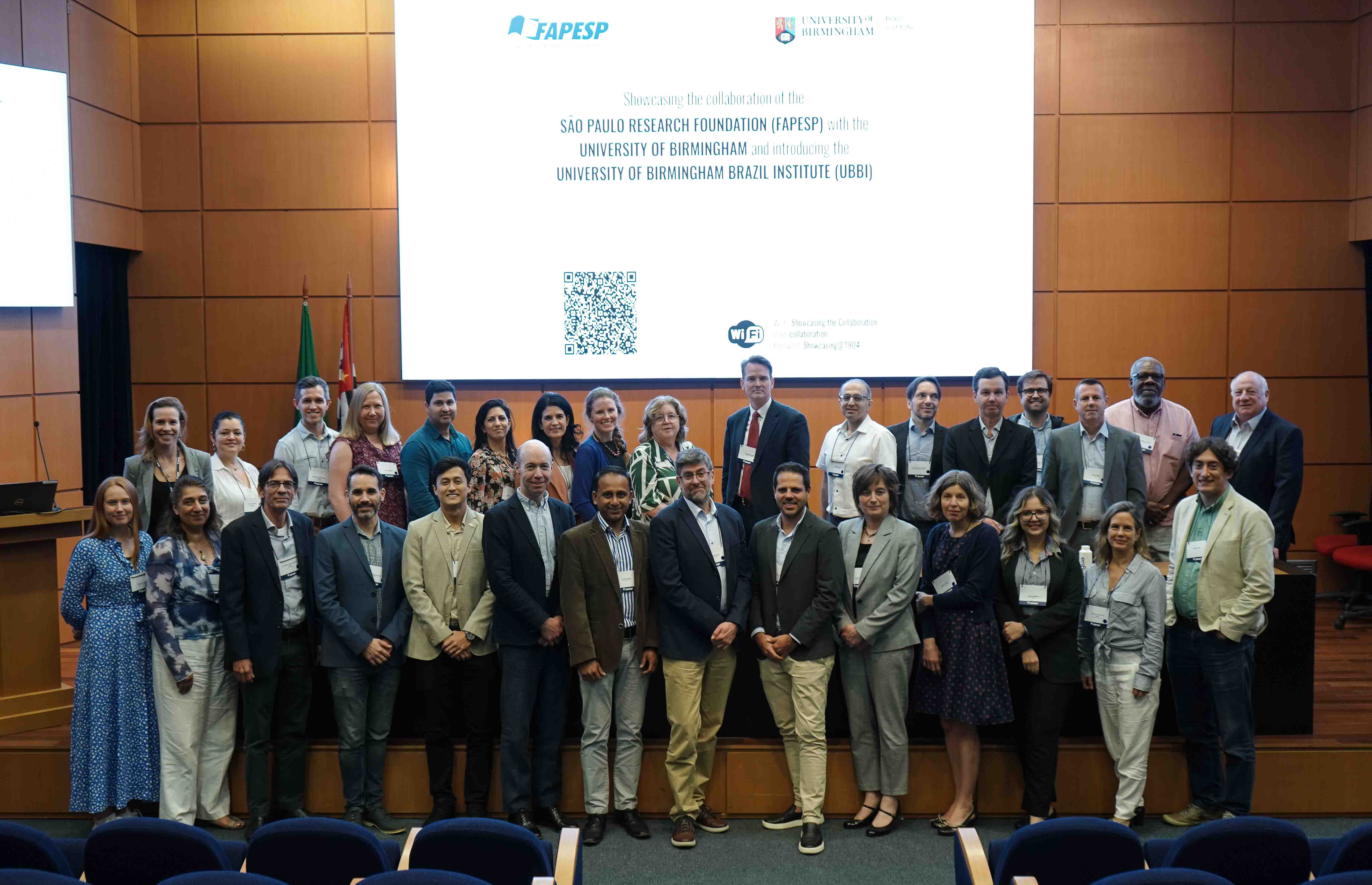
The project, conducted by researchers affiliated with the University of São Paulo in Brazil and the University of Birmingham in the UK, was one of 15 presented at an event held to celebrate the partnership between the British institution and FAPESP. It also marked the launch of the University of Birmingham Brazil Institute, whose mission is to bolster UK-Brazil research collaboration.

A survey conducted in Brazil provides an overview of musculoskeletal pain in the very young. Back pain and leg pain were the most frequent complaints among 2,688 volunteers aged 12 on average.

The firm is supported by FAPESP and is developing an autonomous helicopter capable of spraying crops on steep hillsides.
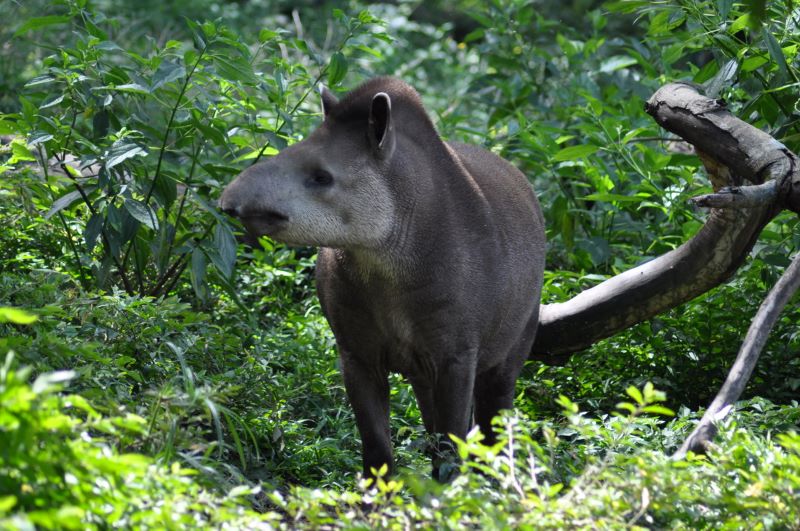
Researchers in Brazil compared leaf damage caused by insects and pathogens in areas with and without the presence of mammals such as tapirs, deer and peccaries. Absence of the animals led to loss of microorganisms that cause leaf disease, potentially affecting long-term eco-evolutionary processes and reducing biodiversity in tropical forests.
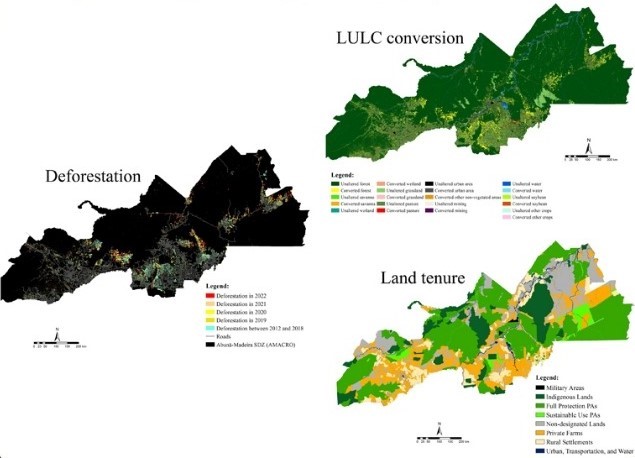
The researchers showed that pressure has intensified since the 2018 announcement of a plan to create a development zone where the states of Amazonas, Acre and Rondônia meet.

Game challenges the player to find and eliminate all Aedes aegypti mosquito hotspots.

The foods, found in the homes of Brazilian families participating in the research, were stored for future consumption. The study is the first in Brazil to use biomarkers to characterize the risk associated with mycotoxins in the diet.